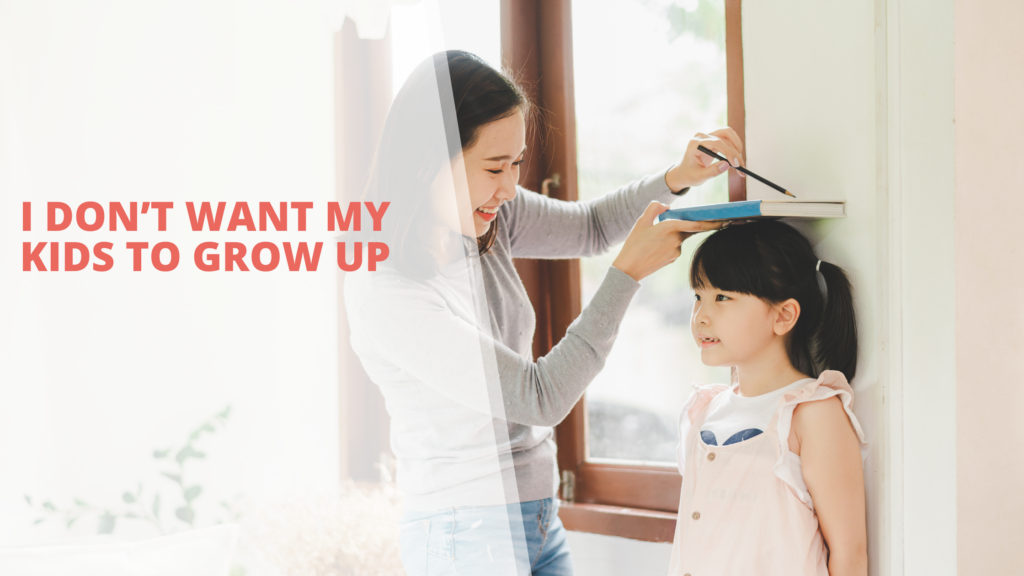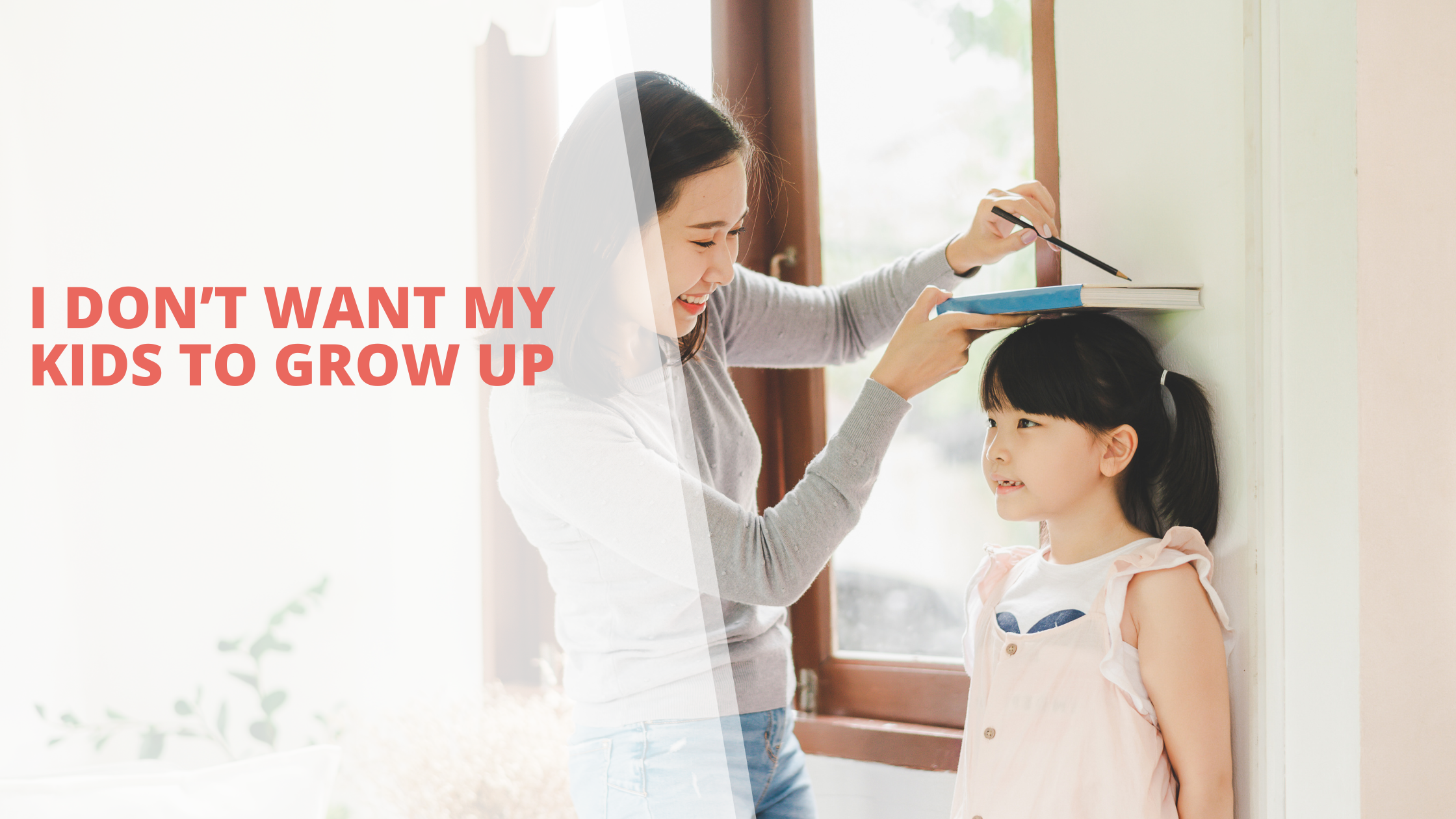
Alright here goes! I D-O-N-T W-A-N-T M-Y K-I-D-S T-O G-R-O-W U-P. There I said it! 😥
Why? For where our family dynamics is at right now with an 18 yr old, a 16 yr old and a 12 yr old they have so many options taking them away from the family. I am now the UBER driver. I spend alot of time in the car taking them places like parties, sporting clubs, and friends places. I can tell time is of the essence. When they were young things were different and more manageable. Life is going by so fast and because they are growing up I have realised how important conversations play in our relationship.
Lets be honest half of the time in conversation with them is spent finding out details of where to take them, another part is asking them to help out in the home, clean their room or to just generally clean up. Therefore the other part of the conversation needs to be meaningful. But what does that really look like? Meaningful conversations. 🤔
Do your kids come to you when they have a problem, feel upset or just have a deep burning question? Mine do most of the time but this kind of connection with our children has not happened over night, it has taken time.
**PARENTS READ THIS**
Our kids will not come to us if:
- We are always scrolling on our phones
- We always look busy
- We are always busy
- We are never home
- We always say no
- We constantly yell at them
- We harm them or hurt them
- We lie to them
- We lack integrity
- We don’t invest time into building trust
Now I am certainly not perfect and I have definitely done some of these things however probably in the last few years conversation has been more profound than it ever has been. Maybe it is because they are growing up or maybe they just feel like I am more present. So what can we do to make sure the conversations we are having are the right conversations. What can we do to build trust on the journey?
How to Have the Right Conversations with Our Kids
- Create a Routine for Open Dialogue:
- Establish regular times for family discussions, like during dinner or a weekly check-in. Consistency fosters a sense of safety and importance around these conversations.
- Listen Actively and Without Judgment:
- Pay full attention to your children when they speak, without interrupting or immediately offering advice. This encourages them to share more freely, knowing their feelings are valued.
- Use questions that require more than a yes or no answer to stimulate deeper conversation. For example, ask “What was the best part of your day?” or “How did that situation make you feel?”
- Share Your Own Experiences:
- Open up about your own life, including your challenges and how you’ve overcome them. This transparency can make children feel more comfortable discussing their own struggles.
- Encourage Emotional Expression:
- Validate your children’s emotions and let them know it’s okay to feel a wide range of emotions. Use phrases like “It’s okay to feel upset” or “I understand why you’re happy about that.”
How The Table Talk Project Helps
The Table Talk Project is designed to facilitate meaningful conversations between parents and children, fostering a nurturing environment where trust and openness can thrive. By providing structured prompts and topics, it helps parents initiate important discussions in a natural and engaging way. This project not only helps build trust but also empowers children to express themselves, making the journey of growing up a shared, less intimidating experience.
Parents can use The Table Talk Project to create a dedicated space for conversation, ensuring that no topic is too challenging to discuss and that their children’s voices are always heard and valued.
So… Are you like me, you don’t want your kids to grow up? Are you more anxious than you have ever been? Maybe you need to tell them that, sit down and share how you are feeling. This could build connection like you have never had before.
We might not want our kids to grow up, but they are… so lets make it a great jounrey for them by being there for the right conversations.

